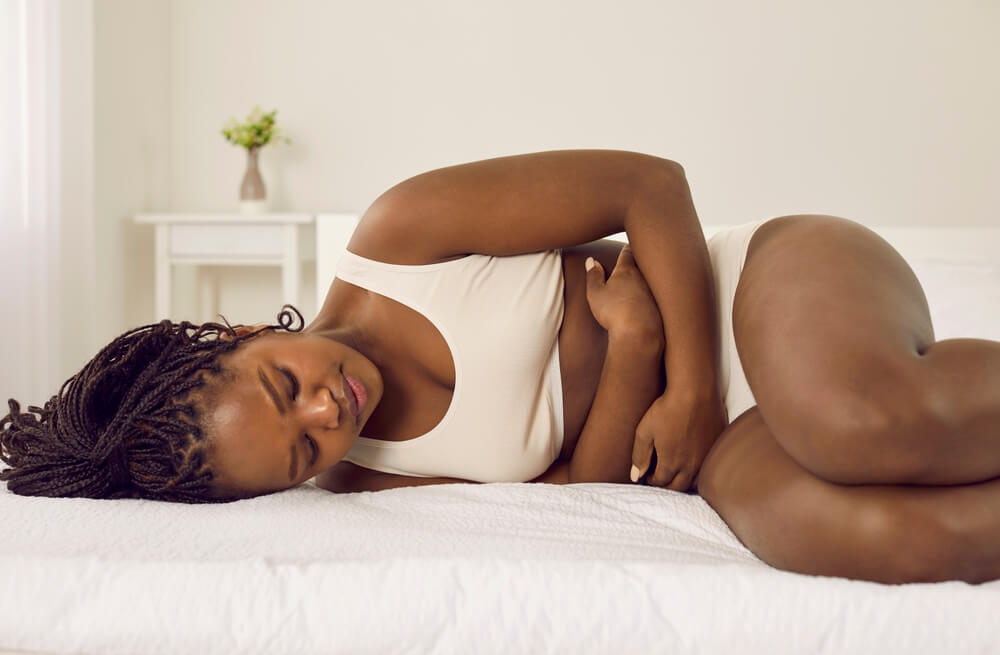Health and Lifestyle
Five Essential Things Women Should Know During Their Menstrual Period -By USA Luka
Menstrual pain is normal to an extent, but extreme pains, foul-smelling discharge, unusual bleeding, or regular infections are signs that require medical attention. Early treatment prevents long-term reproductive health complications.

Lack of adequate knowledge about menstrual hygiene remains a major challenge for many girls and women, especially those living in rural communities. Poor hygiene practices during menstruation expose them to infections that could affect their reproductive health. Sadly, many young girls grow up without proper guidance because their parents either shy away from the topic or lack the correct information themselves.
Menstruation is a natural biological process that usually begins around the age of twelve. It signals growth, maturity, and the beginning of a young girl’s journey into womanhood. For this reason, responsible parents and guardians have an important duty to educate their daughters early enough on how to remain clean, confident, and healthy during their monthly cycle.
This opinion highlights five essential things every woman and girl should know to reduce the risk of infections and promote better menstrual hygiene practices.
1. Maintain Good Personal Hygiene
Women should change their sanitary pads or materials regularly—ideally every 4–6 hours. This prevents foul smell, bacterial growth, and skin irritation. Washing the hands before and after changing pads is equally important to stop the spread of germs.
2. Use Clean and Safe Sanitary Materials
Whether a woman chooses disposable pads, reusable cloth pads, or menstrual cups, the materials must be clean and safe. For those using cloth, it must be washed thoroughly, dried under direct sunlight, and stored in a clean place. Using dirty or improperly dried cloth can lead to infections such as vaginal yeast infection.
3. Bathe Daily and Keep the Genital Area Clean
Bathing at least once or twice daily during menstruation helps maintain freshness and reduces the risk of odor or infection. The genital area should be washed gently with clean water only—no harsh soaps or perfumes—as these can disturb the natural balance of the vagina.
4. Dispose of Used Pads Properly
Proper disposal prevents environmental pollution, reduces flies, and protects community health. Used pads should be wrapped in paper or nylon and disposed of in a waste bin. They must never be flushed in toilets, as this causes blockage and contamination.
5. Seek Medical Attention When Necessary
Menstrual pain is normal to an extent, but extreme pains, foul-smelling discharge, unusual bleeding, or regular infections are signs that require medical attention. Early treatment prevents long-term reproductive health complications.
In conclusion, menstrual hygiene should not be treated as a taboo subject. Parents, schools, community leaders, and health workers must work together to educate girls and women. By providing young girls with the right information, we protect their health, build their confidence, and contribute to a healthier society.
Kashim Ibrahim University
























